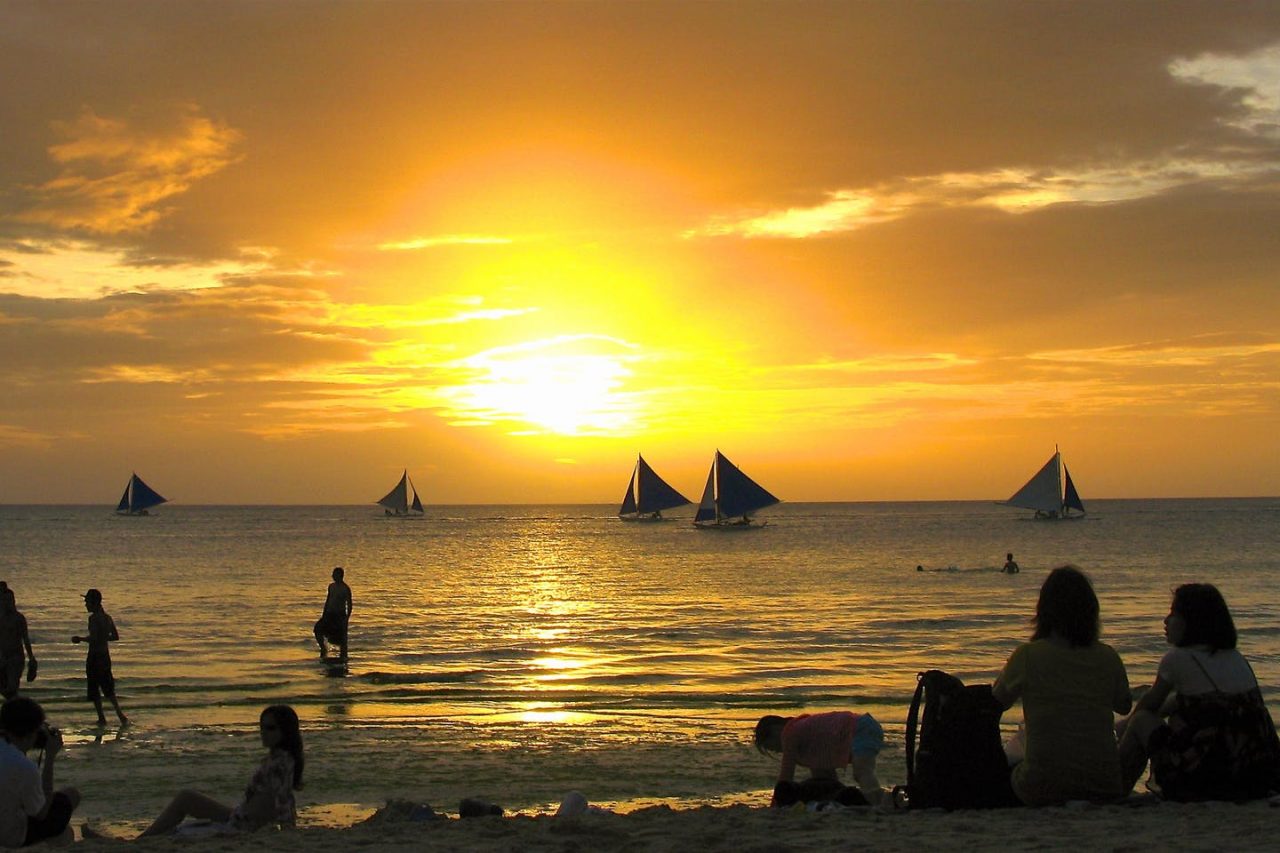
More than two dozen government ministers joined industry leaders, academics and NGOs in agreeing five “urgent acts” to shift the travel sector sharply towards sustainability at the Evora ‘A World for Travel’ Forum in Portugal last week.
They committed to “reliable carbon compensation options and incentives”, a carbon reduction plan for every tourism sector, to prioritise investment in sustainable tourism, invite communities “to co-design tourism solutions” and to strengthen local supply chains.
In a closing statement, the forum noted: “There has been 60% growth in tourism-related CO2 emissions between 2005 and 2015, with an expected rise [in that figure] by 2030 unless decarbonisation is accelerated.”
It added: “The credibility of many [carbon offset] schemes is very low.”
The forum agreed: “Travel and tourism capital investment needs to be increased to develop sustainable tourism. It is crucial to ensure tourism benefits the places and people it touches . . . [and] businesses should always choose a local supplier even if more expensive.”
A World for Travel secretary general Christian Delom (pictured) insisted: “The travel industry in its current form cannot continue.
“These five commitments, developed by tourism ministers and industry leaders, represent drastic changes to support the transformation of travel.”
Delom argued the sector’s recovery from Covid-19 must “take account of sustainable development and invite communities to co-design tourism solutions – not be consulted or employed, but co-design”.
Bruno Despujol, partner at business consultancy Oliver Wyman, warned: “By 2030 we have to reduce our carbon output by half. We are pretty late. Airlines and hospitality are lagging behind.”
Portugal’s secretary of state for tourism, Rita Marques, said: “The first message is we need to involve all stakeholders.
“Second, the workforce – we talk a lot about the customer, but not so much about the workforce. Tourism and migration are both products of globalisation and migration aids tourism. We should integrate everybody.
“Third, Portugal now has the highest vaccination rate in the world. But we should eliminate the disparity in vaccination across the world. I call on countries to fulfil vaccine dose sharing.”
Professor Christian de Purthuis, founder of the Climate Economy Chair at Paris Dauphine University, highlighted the conclusions of the sixth report of the Inter-governmental Panel on Climate Change published in August, warning: “Tour operators, destinations and shareholders have to be attentive to how the climate will be.”
He noted “different impacts” but highlighted two areas: “Tourism activity in the mountains will be very much disturbed by global warming [and] the rise in sea level means tourism infrastructure near the sea will become vulnerable.”
De Purthuis identified three areas where “impacts can be reduced”, arguing: “First, if we want to reduce the impact of transport we have to prioritise local tourism, proximity tourism. If we are to have sustainable, resilient tourism we need to integrate it with local infrastructure.
“Second, if we are to be zero carbon, tourism must contribute to protection of the environment and if we limit access it will limit damage. This will have to be on an extended scale.
“Third, we need to invest. But this is the price we have to pay if we are to have a sustainable world.”






